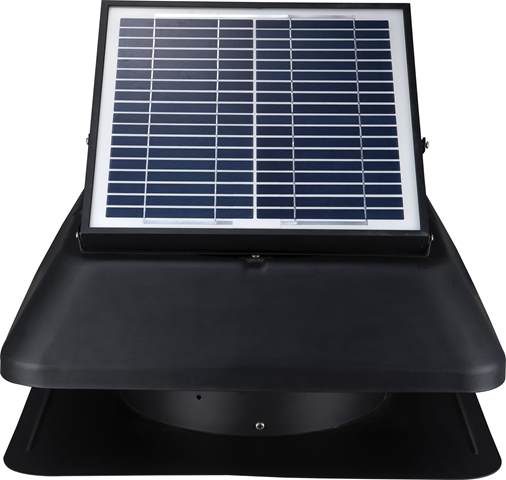The first step you need to consider is to decide where the solar panel can be located. It will aid you to determine what type of solar-powered attic fan panel will be necessary. In fact, you need to understand that it this fan would go on the roof and the only location is away from the sun then maybe a remote solar panel will be used. You must know that this application could work the same for solar gable fans and wall-mounted solar fans.
Installing a solar roof fan is really promising for you so it is better for you to have this system at your home so you can take benefits from it. Also, you must know that this system is really suitable for a powered gable or roof vent so you can use it as the best help. If you feel confused to choose the right solar fan, it is better for you to be careful in determining your choice so you will not make any mistake that can make you feel sorry. To help you in gaining more information, just check this article out.

A ventilation system usually draws outside air through intake vents located lower on the roof and vents it out through higher vents i.e. a ridge vent, gable vent or some type of roof fan/louver. When musty, hot air is expelled an "air exchange" takes place with the coming in of fresh air. It is advisable to take professional help when seeking roof ventilation system. For effective ventilation the volume of air intake must be equal or preferably more than air exhaust. While getting the house ready whether for commercial/factory requirement or residential use, professional help must be availed for effective roof ventilation. An ideal roof ventilation system is that where is a balance between the air exchange. The cross ventilation of air around the roof keeps the roof temperature bearable, thereby adding to the general coolness of the interiors below. A balanced ventilation system has three natural forces: air pressure, thermal effect and diffusion in appropriate proportions.


No comments:
Post a Comment